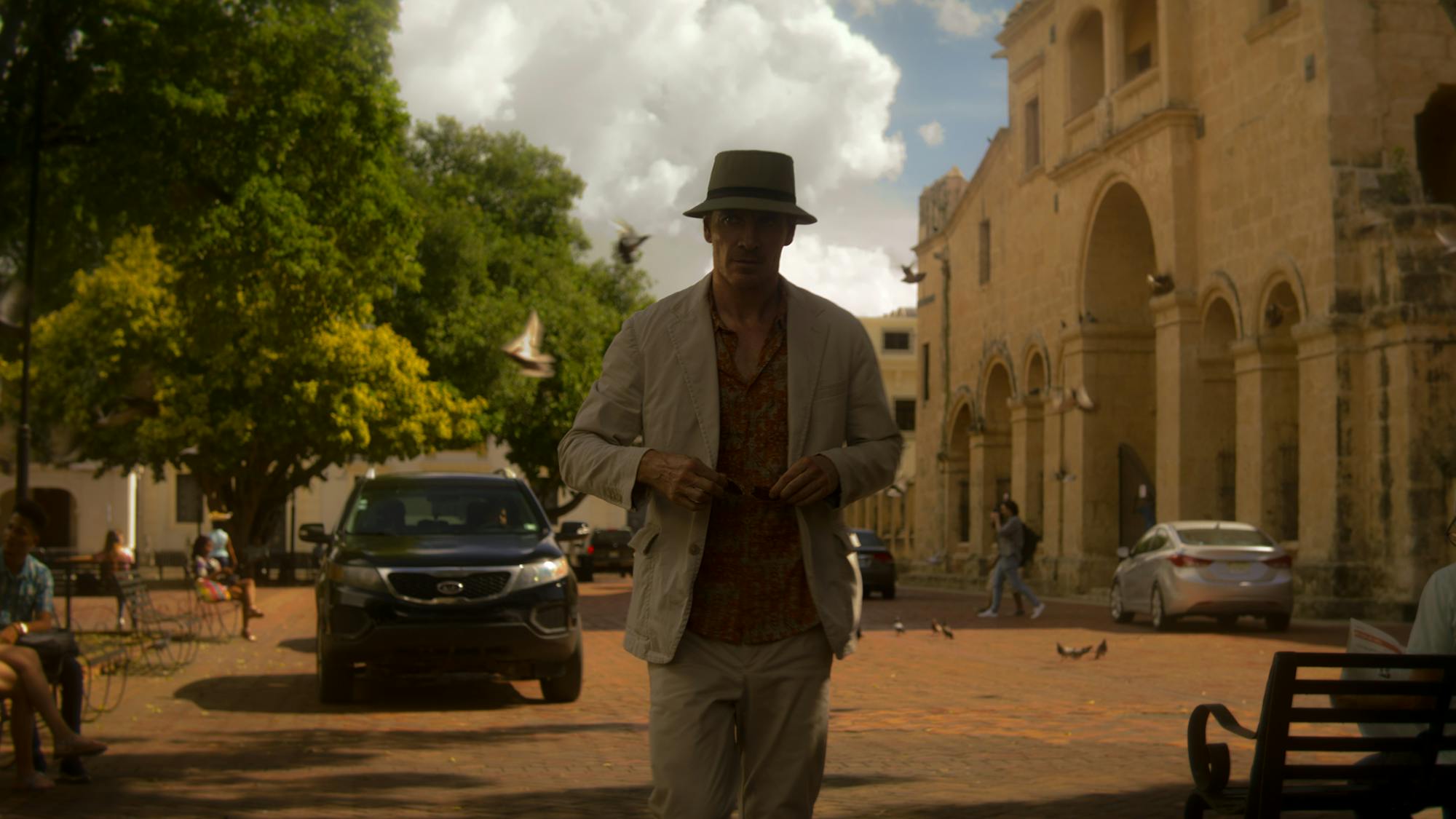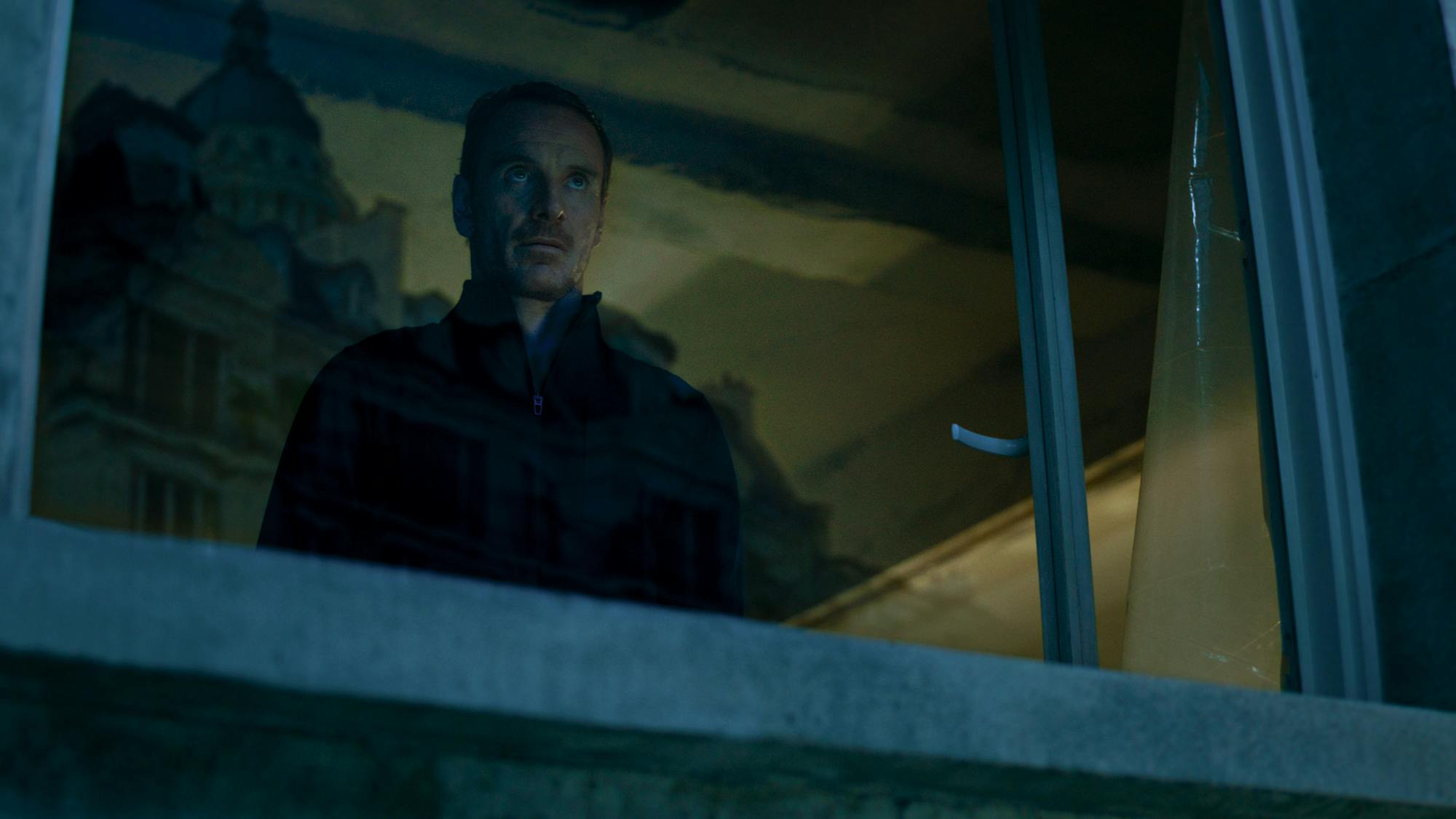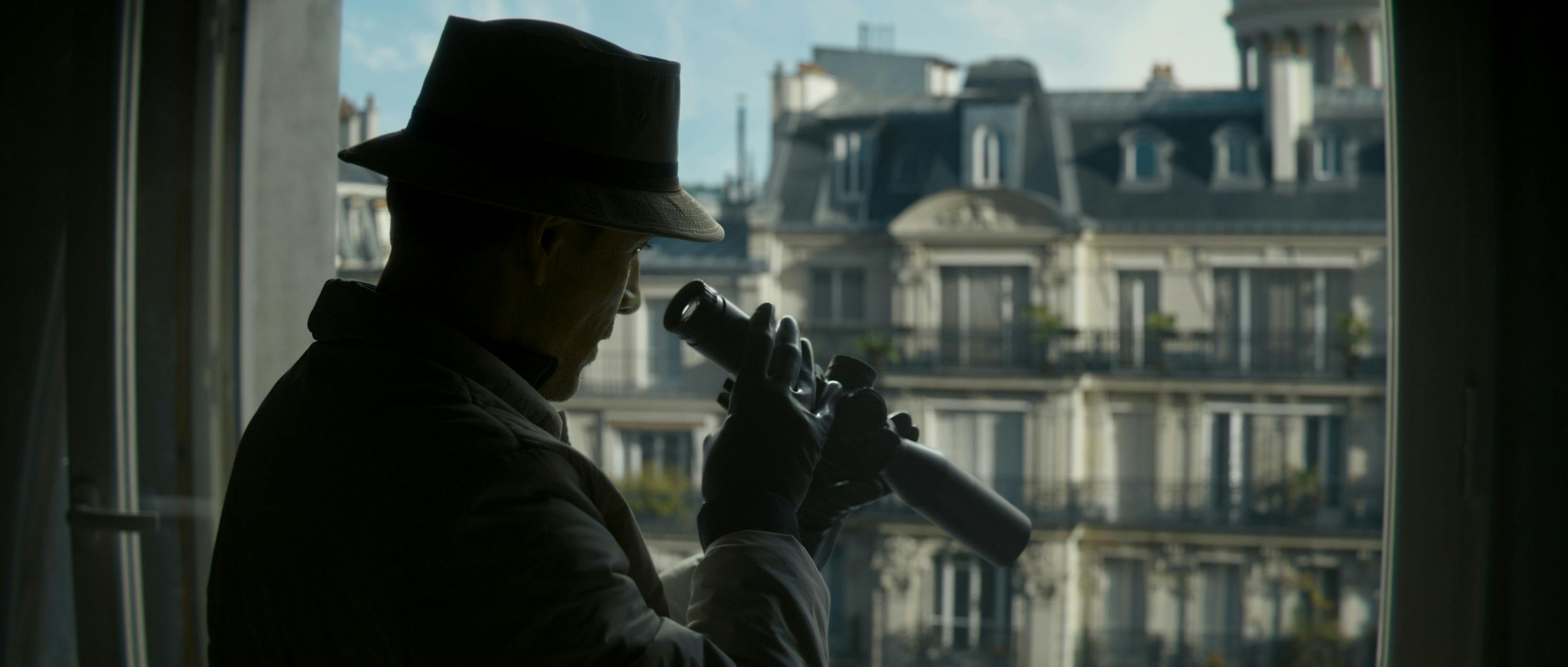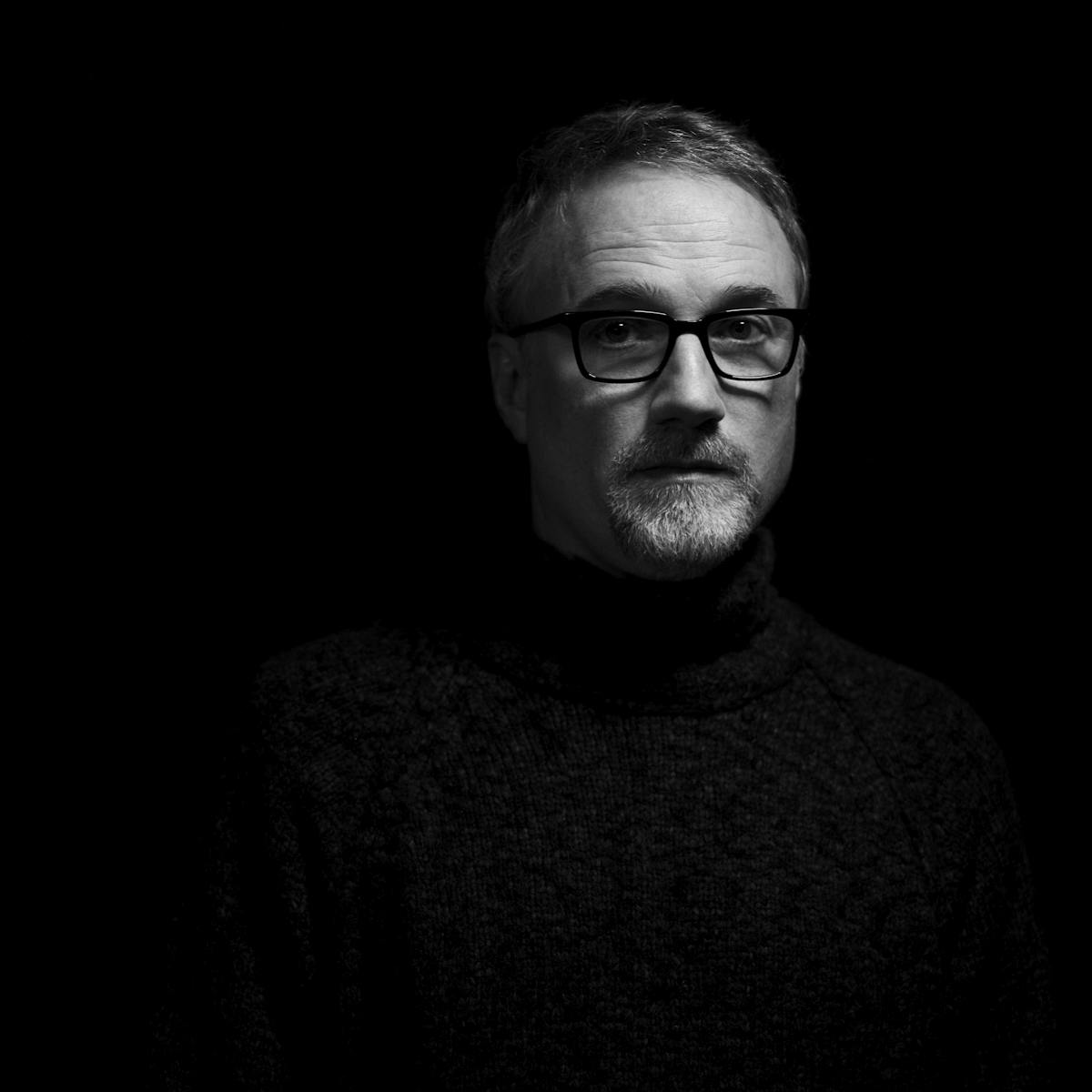David Fincher targets tension with Michael Fassbender as an assassin on the hunt for revenge.
With a movie like this, people are invested in who they’re following. They’re sitting there thinking: God, is he going to be able to get through that door?” David Fincher says, reflecting on how his latest film, The Killer, places the audience in the shoes of its title character. “But once he makes it through, they could be wondering, I don’t know if I want to watch this.” The film is as ruthless and lean as its lead, an unnamed assassin, and the thriller aims to make audiences question where their allegiances lie.
Still, played by Michael Fassbender (Inglourious Basterds), The Killer’s protagonist is magnetic. The film, which boldly adapts Alexis Nolent’s acclaimed French comic book series, follows the assassin as he embarks on one of his contracted missions. Nolent, who wrote the comic under his pen name Matz, first heard of Fincher’s interest in adapting his work in the late aughts. “I thought he was a perfect match,” says the writer. “There’s a Fight Club vibe, the voice-over, that weird angle on society.” But after an initial period of development, the project lay dormant, and Fincher went on to other pictures, including The Social Network (2010) and The Girl with the Dragon Tattoo (2011). Matz kept the faith. “My position was that as long as David had not told me he was giving up, I would rather wait than go with somebody else. It was risky, but it paid off.”

The Killer (Michael Fassbender)
Fincher, for his part, was drawn to the material for its skeptical worldview and sardonic tone, as well as how it rigorously presented its lead character’s point of view, using voice-over to illustrate how his thoughts often contradict his actions: “Is that person being as honest with themselves as they could or should be?” the director asks.
This contrast between the killer’s inner and outer worlds had influenced Matz’s choice of medium back in the 1990s. He was halfway through writing The Killer as a prose novel when he decided that a graphic novel would more clearly depict the gap between what the killer says and what he does.
Fincher has toyed with a warped sense of perspective like The Killer’s before, most explicitly in Fight Club (1999) and Gone Girl (2014), though viewers looking for an antecedent in his filmography could also look to Panic Room (2002), a thriller that takes a tried-and-tested form and pushes the genre — and its characters — to the limit.
For The Killer, Fincher reunites with Se7en (1995) screenwriter Andrew Kevin Walker, as well as production designer Donald Graham Burt and cinematographer Erik Messerschmidt, who both won Oscars for Mank (2020), which explores creative self-respect and self-destruction in the life of the writer of Citizen Kane. “It’s really important to David and me that it feels real, within the cinematic world that we’ve all built,” says Messerschmidt, reflecting on the importance of a visual consistency and reality within the action, however bone-crunching or wince-inducing the fights or killings may be. “This film takes risks and respects the audience an enormous amount,” says Messerschmidt. “It expects the audience to think about it.”

The Killer (Michael Fassbender)
Walker’s script is decidedly streamlined, homing in on a moment in the killer’s life, just as his rules for himself begin to erode. “He’s boiled it down to the bones,” says Fassbender. “It’s more of an introspective look at one guy, as opposed to the world that he operates in. Everything is pared away. It’s just one episode, one contract gone wrong. I like that it’s a study of this one character.”
Along with the focused character study, Fassbender had been looking for a role akin to Alain Delon’s iconic portrayal of a laconic hitman in Le Samouraï, director Jean-Pierre Melville’s stripped back, confidently paced 1967 classic. In fact, Matz had been inspired by the film while writing his comic. So, upon reading the script, it was an easy decision for the actor.
While cinematic killers are often presented as glamorous and slick, Fincher was interested in showing the grubby underbelly of this type of antihero with Fassbender’s character. “The idea is to take something — a comfortable movie trope — and ask, ‘What would that really look like?’” says the director. “Where would they stay? What cars would they rent? How might they dress? Well, maybe like a tourist, so that no one will ask them for directions.”
Fincher was also interested in playing with the conventions of the revenge movie, a subgenre and staple of cinema, encompassing such cornerstone films as John Boorman’s Point Blank (1967) and Mike Hodges’s Get Carter (1971), in which a protagonist will stop at nothing to get even. The Killer asks the audience to reassess. “In a revenge movie, you want to see people get their revenge,” says Fincher. “We just used the idea to ask: Or do you?”
All content featured in this piece was captured in accordance with guild guidelines.



